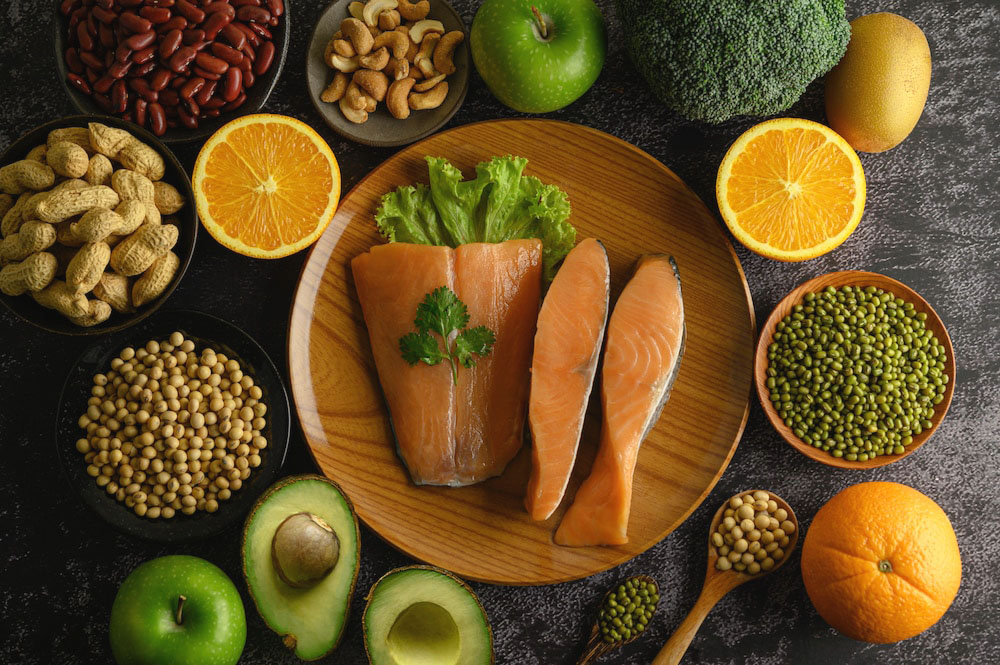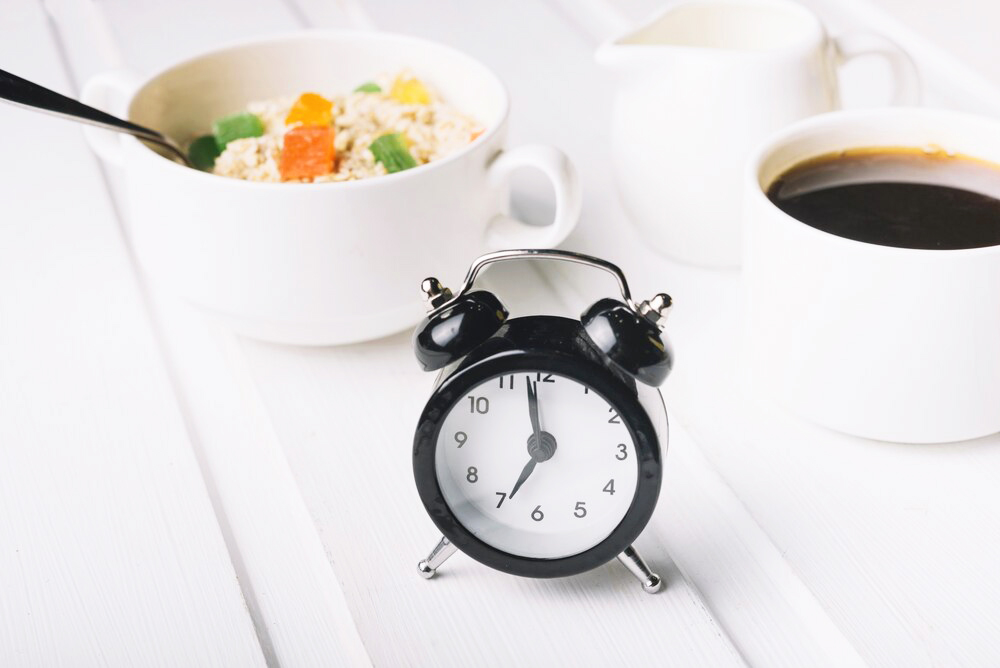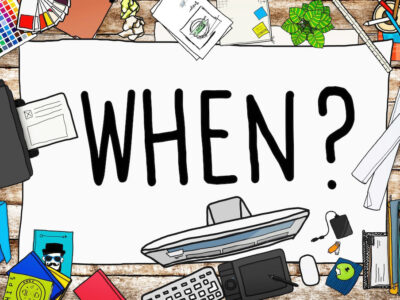Picture this: Your alarm buzzes at 6 a.m. You hit snooze once, twice. Then it’s a scramble—shower, outfit, out the door. Breakfast? It falls off the list again. If this sounds like your morning, you’re not alone. Many folks in fast routines wonder if ditching that first meal hurts or if it’s no big deal.
This piece digs into the real story behind skipping breakfast on busy days. We’ll bust some myths, look at how it hits your body, and share easy fixes for those packed schedules. By the end, you’ll have tools to fuel up without the stress.
Why Breakfast Gets Skipped: Understanding Modern Constraints
Mornings often feel like a race. For busy people, eating takes a back seat. But let’s break down the real reasons this happens so often.
Time Poverty as the Primary Barrier
Rushed starts rule many lives. Early work calls or long drives eat up hours. Folks skip meals to squeeze in a quick workout or just catch a few more minutes of rest.
Professionals often say they want every second for focus before the day ramps up. Think of the parent juggling kids’ lunches or the commuter dodging traffic. These pulls make grabbing food feel like a luxury.
Data from a 2022 survey by the American Time Use shows adults spend less than 30 minutes on morning meals on weekdays. That crunch pushes breakfast aside.
Misconceptions Around Intermittent Fasting and Weight Loss
Trends like skipping breakfast for fasting catch on quick. People think it cuts calories and sheds pounds. But planned skips differ from chaos-driven ones.
Intentional fasting sets clear windows, like eating from noon on. Accidental skips from busy days? They often lead to big lunches later. Studies in the Journal of Nutrition note this overeating bumps daily intake by 20% for some.
Don’t mix the two. One’s a choice; the other’s a slip that might backfire on energy.
The Biological Urge vs. Habitual Delay
Some mornings, your stomach stays quiet. That’s real for many—not everyone wakes starving. But habit often tricks us into delay.
Rushes override that inner signal. You push through on coffee alone, ignoring mild cues. Over time, this trains your body to expect less fuel early.
Listen close: True no-hunger means wait. But if it’s just hurry, that’s a habit worth breaking.

Physiological Effects of Going Without Morning Fuel
Your body runs on last night’s stores after sleep. No breakfast means it taps reserves hard. This shift brings quick downsides.
Impact on Blood Sugar Regulation and Energy Levels
Overnight, your body burns glycogen for energy. Without new fuel, blood sugar dips low. This crash hits by mid-morning.
You feel it as a slump—tired eyes, slow steps. Many reach for extra coffee to fight it. A study from Harvard links this to 15% drops in focus after skipped meals.
Caffeine helps short-term but masks the real issue. Steady fuel keeps levels even, so you power through without the dip.
Cognitive Function and Productivity Decline
Your brain craves glucose first thing. It’s the main fuel for thoughts and choices. Skip breakfast, and supply runs thin.
Research from the British Journal of Nutrition shows poor concentration from low glucose. Decisions slow; memory fades a bit. Imagine tackling emails when your mind fogs—that’s the hit.
Even small meals help. They keep your sharp edge during busy starts.
Hormonal Responses: Cortisol and Appetite Control
Stress amps up cortisol each morning. Add no food, and levels spike higher. This stress hormone teams with hunger signals.
Ghrelin rises, making you crave sweets later. Leptin, the full signal, dips. A 2019 study in Obesity found this mix boosts afternoon munchies by 25%.
Busy days already stress you. Skipping adds fuel to that fire, turning calm into chaos.

Nutritional Deficits When Breakfast is Omitted
Breakfast packs a punch for daily needs. Miss it, and holes form in your intake. These gaps add up over time.
Missing Key Micronutrients
Common breakfasts load up on B vitamins from grains and eggs. Vitamin D from fortified milk, calcium from yogurt, iron from oats—they all fit easy.
Without them, your day starts short. Lunch might add some, but it’s tough to catch up fully. The USDA notes breakfast skippers often miss 10-15% of daily B vitamins.
Plan ahead or risks build—like low energy from iron dips.
Fiber Intake and Digestive Health Consequences
Morning fiber from fruit or whole grains kickstarts your gut. It smooths digestion and steadies bowels. Skip it, and things slow.
Low fiber leads to bloat or that heavy afternoon feel. A review in Gut journal ties morning skips to 20% less daily fiber for many. Your system needs that early boost for steady flow.
Add some berries or oats; it sets a better tone.
The Protein Problem: Satiety and Muscle Maintenance
Protein curbs hunger and builds muscle. Breakfast often delivers it via eggs or nuts. No meal means half a day without.
This lack hits fullness—lunch seems too soon. For active folks, it slows repair. Experts say aim for 20 grams early to stay satisfied.
Busy or not, protein keeps you going strong.

Strategies for Busy Professionals: Making Time for Fuel
You can’t add hours to the day. But smart moves fit fuel in. These tips work for real life.
The Power of Overnight Preparation (Prep Ahead)
Sunday nights beat morning mess. Whip up overnight oats with yogurt and chia. Boil eggs for the week; chop apples to grab.
- Overnight oats: Mix oats, milk, fruit—fridge it.
- Hard-boiled eggs: Batch cook six at once.
- Yogurt parfaits: Layer with nuts in jars.
These take zero morning time. They pack protein and fiber for steady energy.
Maximizing “Transit Time” Nutrition
Commutes don’t have to mean empty stomachs. Sip a smoothie from a lidded cup. Pick bars with real ingredients over candy-like ones.
Opt for blends of spinach, banana, protein powder. They’re spill-safe and quick. Avoid gas station snacks; they spike then crash you.
This turns drive time into eat time—smart and simple.
The 5-Minute Rule: Minimalist Morning Meals
Set a timer for five minutes. That’s enough for Greek yogurt topped with almonds. Or smear cheese on whole grain toast.
- Yogurt and nuts: 20 grams protein, done.
- Fruit with peanut butter: Sweet and filling.
- Quick smoothie: Blend and go.
These options beat nothing. They fuel without fuss.

When Skipping Breakfast Might Be Acceptable (With Caveats)
Not every day needs a full plate first. Some bodies run fine on delay. But do it right.
Listening to True Morning Hunger Cues
Bodies vary. If you wake full, that’s okay. Wait for real hunger—don’t force it.
Make it a choice, not a slip. Track how you feel; adjust as needed. Forcing food on no appetite wastes effort.
Strategic Meal Timing for Later Eaters
Push breakfast to 9 or 10 a.m. if needed. Your first bite should balance protein, fats, carbs. Think eggs with veggies.
Eat within three hours of rising. This avoids deep dips. A solid meal then sets the rest right.
The Role of Hydration First
Thirst fools many into thinking no hunger. Start with water—16 ounces plain. Add lemon or tea if you like.
This wakes your system gentle. Often, it sparks appetite too. Hydrate before you decide.

Conclusion: Reclaiming Your Morning Metabolism
Skipping breakfast on busy days tempts many. But regular misses create energy wobbles and nutrient shortfalls. Your body thrives on steady input, even if small.
Key point: Focus on dense foods in little time. Prep wins every rush. Try one tip this week—like overnight oats—and feel the lift.
Build better mornings. Your day—and health—will thank you. Start small; stick with it.
Also Read: Embracing Everyday Joy: Simple Ways to Elevate Your Daily Routine
Discover more from NoseyPepper
Subscribe to get the latest posts sent to your email.










Recent Comments